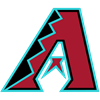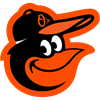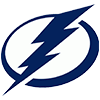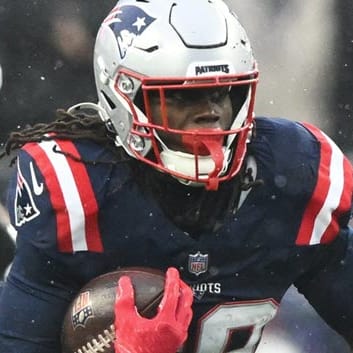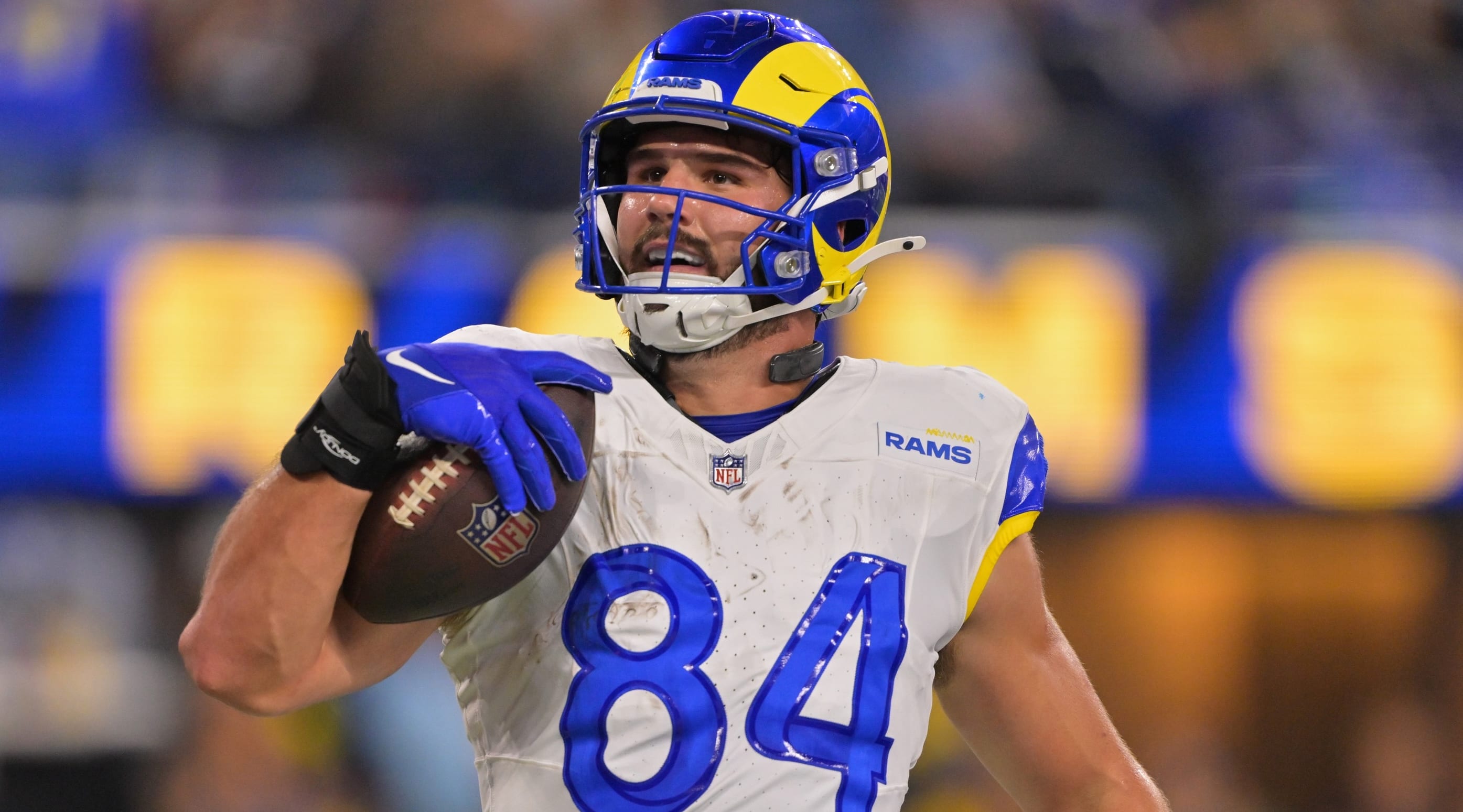This article will run through a list of some of the biggest risers/fallers in Underdog's NFL best ball ADP in the two weeks since the 2024 NFL Draft and consider the new opportunities/risks these changes present for drafters.
RISERS
Xavier Worthy, WR, KC (59.9 Underdog ADP)
Keep in mind, this ADP is informed by drafts that occurred before the latest Rashee Rice news. What a mess.
Worthy's price was already surging after he landed in Kansas City, pushing all the way into the fifth round. I guess I'd be surprised if Worthy's ADP pushed higher than the fifth even after the Rice news, but who knows.
Worthy is a player difficult to price correctly, even before you start trying to factor for a Rice suspension. I personally think he was going a bit high – there's no reason Worthy should go ahead of Marquise Brown (62.9), in my opinion – but even if that's true that's not the same as Worthy not warranting a fifth-round pick. If Rice is barely playing this year then it becomes increasingly possible that both Worthy and Brown hit at their current ADPs.
Worthy has real talent as a wideout and is certainly more than his 4.21 speed, but he just recently turned 21 and won't be as good this year as he will be two or three years from now. Brown is a finished product right now, and people have plainly forgotten what he's capable of. Neither Worthy nor Brown is likely to
This article will run through a list of some of the biggest risers/fallers in Underdog's NFL best ball ADP in the two weeks since the 2024 NFL Draft and consider the new opportunities/risks these changes present for drafters.
RISERS
Xavier Worthy, WR, KC (59.9 Underdog ADP)
Keep in mind, this ADP is informed by drafts that occurred before the latest Rashee Rice news. What a mess.
Worthy's price was already surging after he landed in Kansas City, pushing all the way into the fifth round. I guess I'd be surprised if Worthy's ADP pushed higher than the fifth even after the Rice news, but who knows.
Worthy is a player difficult to price correctly, even before you start trying to factor for a Rice suspension. I personally think he was going a bit high – there's no reason Worthy should go ahead of Marquise Brown (62.9), in my opinion – but even if that's true that's not the same as Worthy not warranting a fifth-round pick. If Rice is barely playing this year then it becomes increasingly possible that both Worthy and Brown hit at their current ADPs.
Worthy has real talent as a wideout and is certainly more than his 4.21 speed, but he just recently turned 21 and won't be as good this year as he will be two or three years from now. Brown is a finished product right now, and people have plainly forgotten what he's capable of. Neither Worthy nor Brown is likely to thrive as a WR1 – they lack the physicality to thrive at a target share any higher than 22 percent or so – but Brown already has a 90-catch NFL season under his belt despite Baltimore not using him correctly at the time. Brown has been misused his entire NFL career, actually – it's with Kansas City that for the first time Brown will be playing in a setup vaguely similar to the one he had when he torched at Oklahoma.
I think the ideal way to draft Worthy right now would be to get both him and Brown on the same squad, which would generally require making picks at or near the turn of the fifth and sixth rounds. That's not to say Worthy can't pay off on his own, just that the big point for me is there's no objective reason to think Worthy will outscore Brown this year.
Keon Coleman, WR, BUF (75.7 Underdog ADP)
Coleman found an enviable landing spot with the Bills at the 33rd overall selection, and his ADP understandably skyrocketed when Coleman's selection was announced. Stefon Diggs and Gabe Davis are both gone, and while the duo of Curtis Samuel and Khalil Shakir have their own notable abilities, neither is a complete receiver. Shakir projects a little better in traffic than Samuel, in my opinion, but Coleman easily outranks both when it comes to tight-window or covered targets.
Great as that sounds, the catch is that Coleman will likely require a high number of tight-window or covered targets because he's not even in theory much of a separator. It's great that Coleman can win when he's covered, but if you force the ball enough times to a covered receiver things will eventually go sideways. Things would go particularly sideways if the Bills try to use Coleman the same way they did Davis, which is to say as a field-stretching receiver. Davis was too slow to tread water in the role, and Coleman is at least a step slower yet than Davis. Going from Davis to Coleman is simply trading off speed for hands. I personally thought the Bills needed to get faster on offense anyway, so I'm not convinced it will be all rosy for Coleman as a rookie.
In the longer term, though, there's reason to believe Coleman can become one of the better WR2 types in the league and, crucially, he should hold an oversized presence in the red zone for the Bills, who of course figure to spend plenty of time in the red zone. If the Bills rely on Coleman more than that, though, I worry about his routes getting jumped eventually, especially if the durability-challenged Samuel isn't providing cover speed at the time.
Coleman's price probably won't fall from here, so the reality is that if you want shares you'll probably need to select him in the sixth round. That's a bit high for me, but there is admittedly a sharp dropoff once you get past someone like Chris Godwin (77.3). I still wouldn't take Coleman over someone like Godwin or Marquise Brown, however, and Brown went later than Coleman in the draft I did yesterday.
Ladd McConkey, WR, LAC (73.1 Underdog ADP)
The Chargers aren't done fortifying their wideout rotation, so McConkey's exact opportunity projection for 2024 is a bit unsettled. DJ Chark is a totally competent if often-injured boundary wideout and field-stretching presence, yet even after signing him the Chargers began to look at adding Marquez Valdes-Scantling – another field-stretcher (though less competent and more durable than Chark).
The good news for McConkey investors is that neither Chark nor Valdes-Scantling would draw many targets where McConkey would otherwise run his routes. Indeed, the Chargers' interest in Chark and Valdes-Scantling could be seen as good news for both McConkey and Joshua Palmer (126.5). Chark and MVS have real speed that forces the safeties to stay back from the underneath, where McConkey and Palmer reap the benefits of that space without having to surrender many targets to Chark or especially MVS.
I personally think McConkey is an eventual 100-catch player in the NFL, so I can't hate him too much at an ADP point where your alternatives are often less than compelling. With that said, it's actually messed up how late Palmer is going. I say that as someone who thinks McConkey will definitely be better than Palmer at some point, and maybe as soon as this year, but I don't feel so confident in that that I'd rank them 50 picks apart. Indeed, I expect Palmer's ADP to surge closer to the ninth or even eighth round as more people consider the matter. For the time being I'd try to draft both at their price, but (it pains me to say this) especially Palmer.
Jonathon Brooks, RB, CAR (92.7 Underdog ADP)
Particularly with the 17-game season it's difficult to anticipate the running back scoring landscape later in the year. In best ball you need production from all phases of the season, so a slow start or even a mostly unproductive season from a running back doesn't mean they won't be on a lot of cashing teams due to a strong final month or two to the regular season. This is an important point for Brooks, who will almost certainly finish stronger than he starts as he returns from a torn ACL.
Brooks suffered the injury Nov. 11, so while he's expected to be available Week 1 for Carolina it would be highly unusual if he just played a three-down role right away. That would be the case before making a single consideration about the Carolina situation otherwise.
The situation otherwise is bad. The Panthers have a beefed up offensive line, which is reassuring for sure, but there's not much reason to hope things turn around with the passing game. Not just that, but there's reason to believe incumbent starter Chuba Hubbard is actually a better pure runner than Brooks. That the Panthers took Brooks in the second round of the 2024 draft proves they envision him as a starter, but between the ACL recovery and the fact that Hubbard is in the last year of his rookie deal I'm inclined to think Hubbard will play much more than any Brooks investors would like.
But again, even if Hubbard starts let's say 14 games, if Brooks starts to break through in the last six and then start the last three it would be hard to argue against anyone drafting him at this slot. That, and Brooks should easily prove superior to Hubbard as a pass catcher, so the receiving production should be there at the least. I'd still rather have Hubbard (162.8), though.
Ben Sinnott, TE, WAS (156.9 Underdog ADP)
Sinnott is a blast to watch on tape, and it's difficult to avoid the Sam LaPorta comparison especially when you watch Sinnott repeatedly truck defenders after the catch. Sinnott didn't test quite as well as LaPorta did at the NFL Combine, but Sinnott unambiguously registered far above average overall by logging a 4.68-second 40, 40-inch vertical, 126-inch broad jump and 6.82-second three-cone drill at 6-foot-4, 250 pounds. Once he's running Sinnott flies and lands like a cannonball.
With all of that acknowledged, it's difficult to tell how much immediate opportunity Sinnott might have in Washington. Dan Quinn and especially Kliff Kingsbury are quite fallible, and as far as the LaPorta example goes, you can't trust those two to make decisions as good as Ben Johnson and Dan Campbell did. The sad fact is that LaPorta's rookie season wouldn't have happened under many or most other coaching staffs – the NFL isn't run competently enough for anything else to be the case. The fact that Sinnott is very obviously better than Zach Ertz won't necessarily register to Quinn or Kingsbury, two coaches who shouldn't have their respective jobs and probably won't in a couple years.
Then again, Ertz has looked so dusty the last two years that maybe even Kingsbury can't get this one wrong. It's difficult to imagine Ertz is running much better than a 4.9 40 nowadays, and he was never a blocker. If Ertz plays he will hurt Washington, and if Washington's results are poor even a coach like Kingsbury will eventually reconsider things. All the while Sinnott will be cracking pads and flying over people in the same practices where Ertz will look like slow-motion in comparison.
At the very least it's safe to say that Sinnot has standout upside for his range in the tight end ADP, and it's not like you'd have to pass up any great alternatives to take Sinnott at ADP. I like Hunter Henry, Cade Otton, Isaiah Likely and Juwan Johnson enough (especially Johnson), but it would be stunning if any of those guys were league-winners. It'd be a little surprising if Sinnott were, either, but a little less so after the rookie season LaPorta just had.
Ezekiel Elliott, RB, DAL (127.8 Underdog ADP)
The one non-rookie in today's list, Elliott's ADP is rising because of Dallas punting on the running back position in the 2024 draft. It was assumed the Cowboys would add some running back late if not as early as the second round, yet neither occurred. The free agent Elliott was all they added. As of right now the only other running backs on the Dallas depth chart are Rico Dowdle, Royce Freeman, Deuce Vaughn, Malik Davis and Snoop Conner.
None of them is likely to steal much or any playing time from Elliott, who might need to play 50 or more snaps per game for Dallas. I don't think you can project such a workload for any of the running backs anywhere near Elliott in the ADP. There are a handful of players who could end up with such workloads, but it would likely require injuries to other players on the depth chart. Someone like Chase Brown, Blake Corum, Zach Charbonnet, etc would likely be better than Elliott on the same workload, but Elliott doesn't need anyone to get hurt before he gets his share.
Because the season is long and because weekly upside is so important in best ball, I think it's good to diversify between Elliott and players like Brown/Corum/Charbonnet, for the reasons previously stated. With that said, it's just a nice range in the ADP to draft runners in general. Elliott is simply the high-floor, lower-upside selection among those options. I also think it's worth sprinkling in a little Ray Davis (161.1) for this particular RB slot of your roster (RB4 or RB5, presumably).
FALLERS
Adonai Mitchell, WR, IND (110.9 Underdog ADP)
Mitchell had surged from the 130s to the top 100 for a time beginning in mid-March, but now he appears to be tumbling back to where he started. Mitchell went 113th in a draft I did yesterday, but I suspect he'll keep falling as more people realize even that is much too high for a player who could easily end up the WR4 in one of the league's most run-heavy offenses.
Mitchell is super toolsy at 6-foot-2, 205 pounds with a 4.34-second 40 and elite jumps, and he even demonstrated a substantial amount of skill with his production at Texas and Georgia. Teams were concerned about Mitchell's self-management negating his abilities, rather than doubting that he had the abilities in the first place. Perhaps Mitchell will prove those concerns wrong and simply, immediately become the player he could/should be.
Even if he does, though, he's an underclassman rookie on a team with Michael Pittman, Josh Downs and Alec Pierce. Mitchell can probably muck up the projections of Down and Pierce, but that's not the same as Mitchell clearing fantasy value for his investors in the 10th round. I personally would rather have all of Khalil Shakir (116.5), Rashid Shaheed (125.3), Joshua Palmer (126.5), Gabe Davis (128.7), Jerry Jeudy (131.9) and probably even someone like Michael Wilson (156.0).
Troy Franklin, WR, DEN (149.5 Underdog ADP)
Once projected to go as high as the second round, Franklin was one of the draft's most note fallers and ended up waiting until the fourth round, 102nd overall, before hearing that he'd be joining his former Oregon quarterback Bo Nix with the Broncos. It's good that Franklin will be with a quarterback who already understands him, but that Franklin fell to the fourth round heightens the concerns that already existed in his prospect profile.
Franklin's production at Oregon was elite and with that there's a solid indication that Franklin has some amount innate ability as a receiver, but with a uniquely skinny frame (6-foot-2, 176 pounds) and somewhat questionable hands it's at the very least likely that Franklin won't have the physical tools necessary to succeed on the full variety of plays where he succeeded at the college level. You need the skills to play the game the right way but you also need the tools to belong on the field in the first place. In Franklin's case, his otherwise skill as an elusive pass catcher might get wiped out by an inability to handle the standard physicality of the NFL level.
Franklin is far from doomed – wideouts drafted later than him or not at all have become stars in the NFL at many points throughout its history – but if he succeeds he'll be one of the first of his type to do it. We can look at Tyquan Thornton as an example of the worst-case scenario, but Franklin is a slightly different player and isn't necessarily sentenced to the same outcome.
The more immediate problem for Franklin is that he won't be stealing many or any reps from the likes of Courtland Sutton, Marvin Mims or Josh Reynolds. If Sutton should be traded then that would be a different discussion, but until then it's hard to see the fantasy upside for Franklin over players like Ja'Lynn Polk (154.7), Michael Wilson (156.0), Roman Wilson (158.8), Jermaine Burton (162.9), and probably a handful of others later in the current ADP.











